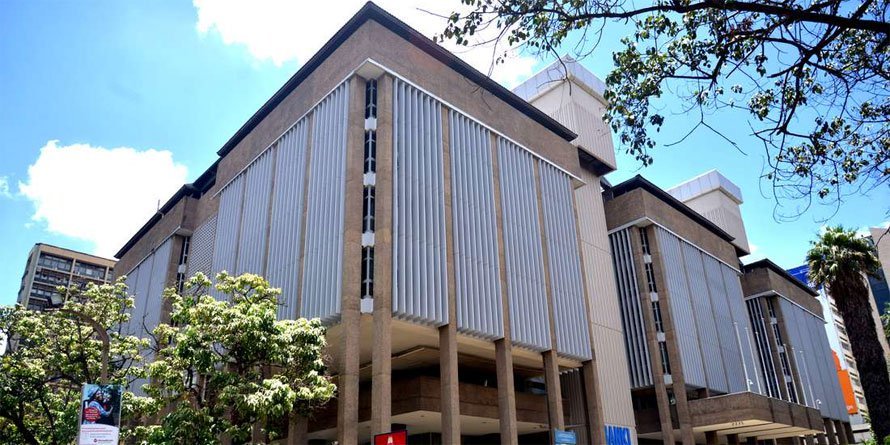Kenya’s top nine listed banks slashed their provisions for loan defaults by a third in six months to June, defying Covid-19 hardships to raise their combined net earnings 72.5 percent to Sh66.5 billion.
KCB #ticker:KCB, Equity #ticker:EQTY, Co-op Bank #ticker:COOP, I&M #ticker:I&M, Absa Bank Kenya #ticker:ABSA, NCBA #ticker:NCBA, Standard Chartered Bank Kenya #ticker:SCBK, DTB #ticker:DTK, and Stanbic Holdings #ticker:SBIC cumulatively cut the provisions from Sh40.13 billion booked in June last year to Sh26.68 billion—representing Sh13.45 billion or a 33.5 percent cut.
The reduction in provisions for non-performing loans (NPLs) comes in an environment of relaxed Covid-19 control measures such as curfews, lockdowns, and closure of bars and restaurants, which have helped improve the fortunes of individuals and companies.
Equity, which emerged top in profit standings, cut its provisions by Sh5.11 billion followed by KCB (Sh4.44 billion), Absa Kenya (Sh3.44 billion), and NCBA (Sh1.71 billion).
Only Co-op and I&M bucked the trend, with Sh2.29 billion and Sh22.14 million rises in provisions respectively.
The combined cuts are in contrast with June last year when the nine banks increased NPL provisions 263.4 percent to Sh40 billion from the pre-pandemic Sh11 billion reported in June 2019.
The nine banks saw their net profits rise by Sh27.89 billion to Sh66.49 billion— an indication that they are weathering the Covid-19 storm. Their net tax profit for 2019 half year was Sh54.68 billion.
Lower provisions have the effect of supporting the bottom-line while increasing the capital base and have seen banks such as NCBA and Stanbic pay interim dividends while others are projecting payouts at the end of the year.
Part of the cuts in provisions is explained by the fact that much of the expected default linked to Covid-19 had been made last year.
The nine banks had last year increased provisions for NPLs by Sh77.3 billion or 239 percent in the year ended December, cutting their combined net earnings by a quarter to Sh81.2 billion.
KCB and Equity, for instance, said there was no need for a further increase in provisioning since Covid-19-related impairments had been recognised last year.“We took the necessary provisions last year and did overlays to protect us since we did not have all information on how Covid-19 was going to pan out,” said Lawrence Kimathi, chief finance officer at KCB.“We have seen positive vibes coming out of the economy and that number (level of provisioning) speaks to that.”Relaxed Covid-19 control measures such as reduced curfew hours, movement across counties, and […]
